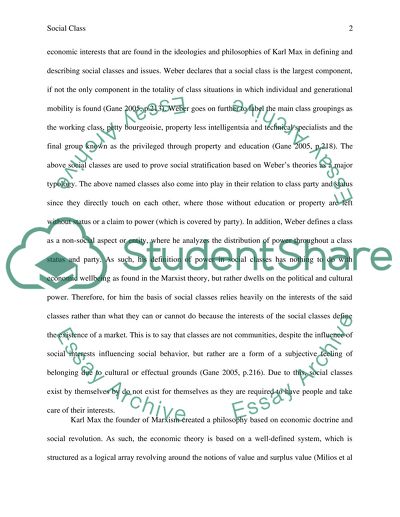Cite this document
(“What is social class How is it measured and why does it matter Essay - 2”, n.d.)
Retrieved from https://studentshare.org/sociology/1611277-what-is-social-class-how-is-it-measured-and-why-does-it-matter
Retrieved from https://studentshare.org/sociology/1611277-what-is-social-class-how-is-it-measured-and-why-does-it-matter
(What Is Social Class How Is It Measured and Why Does It Matter Essay - 2)
https://studentshare.org/sociology/1611277-what-is-social-class-how-is-it-measured-and-why-does-it-matter.
https://studentshare.org/sociology/1611277-what-is-social-class-how-is-it-measured-and-why-does-it-matter.
“What Is Social Class How Is It Measured and Why Does It Matter Essay - 2”, n.d. https://studentshare.org/sociology/1611277-what-is-social-class-how-is-it-measured-and-why-does-it-matter.


